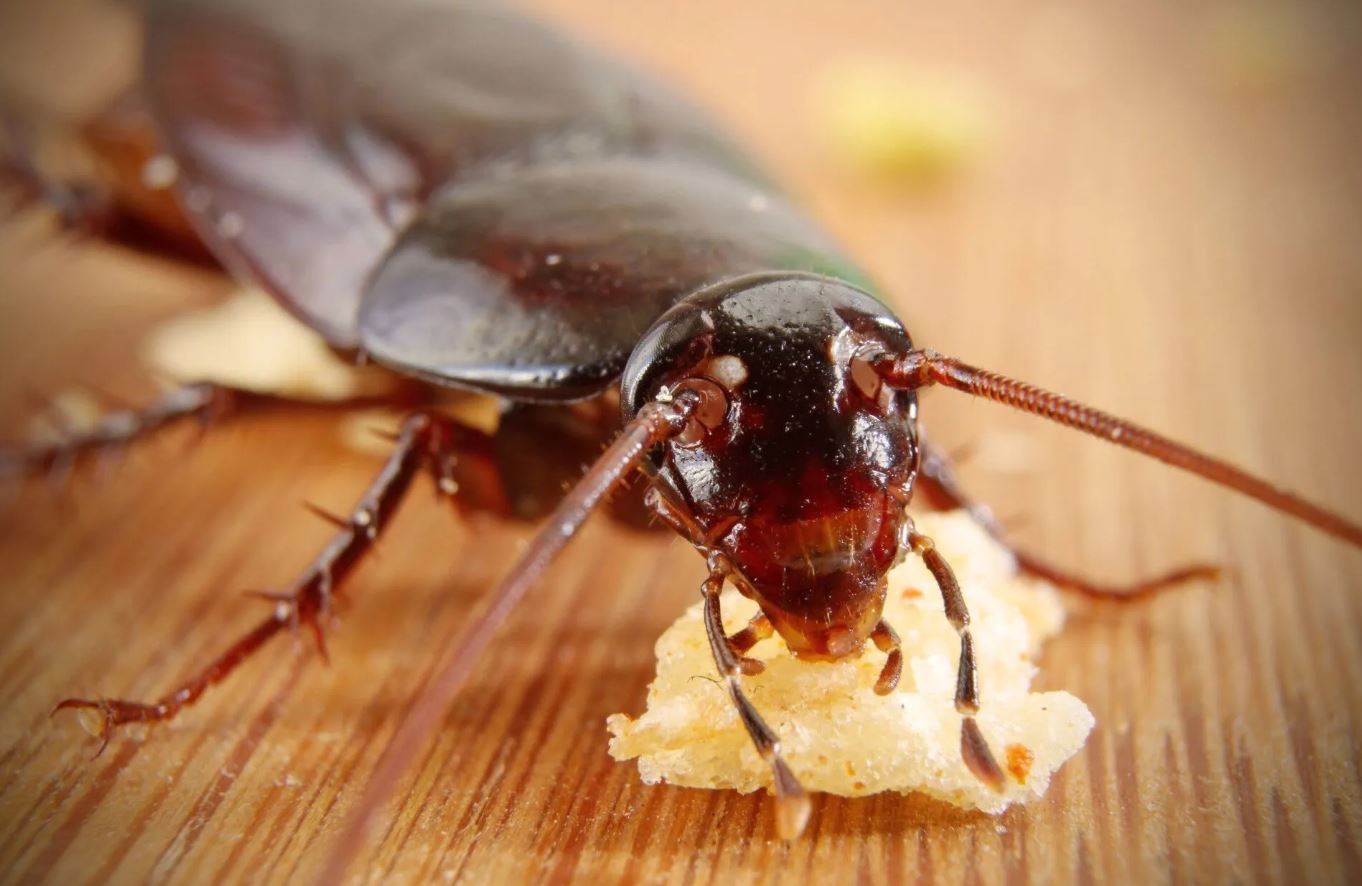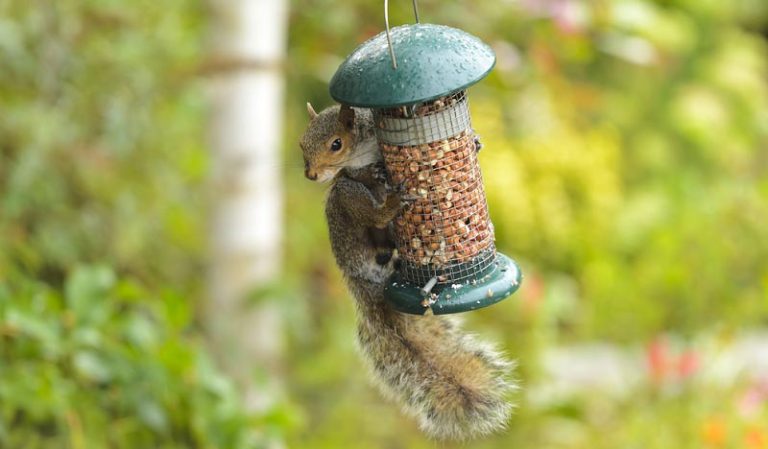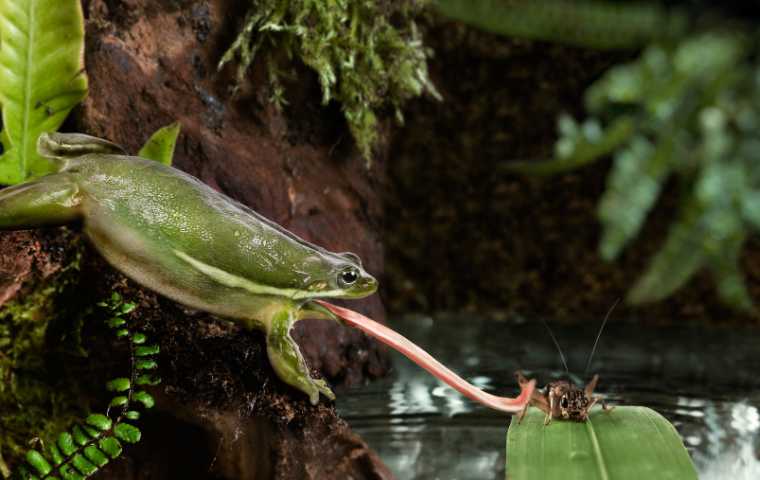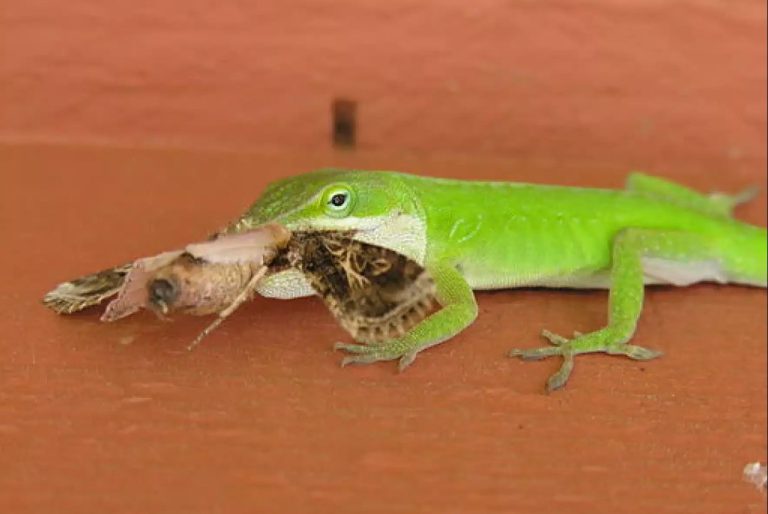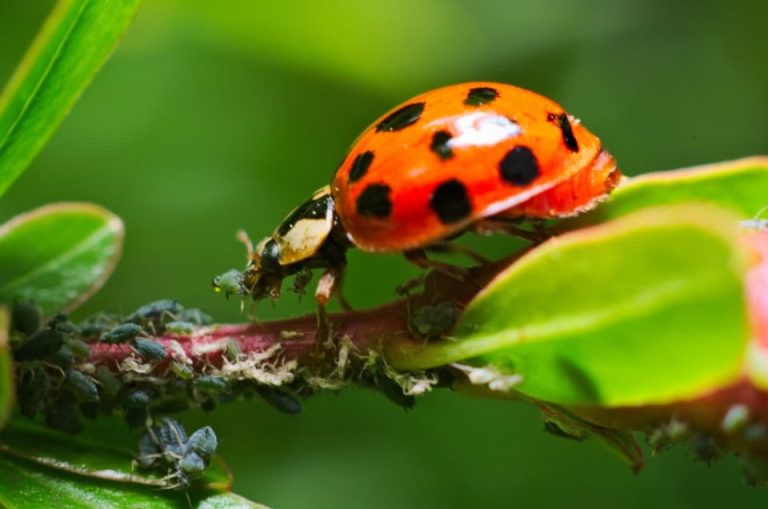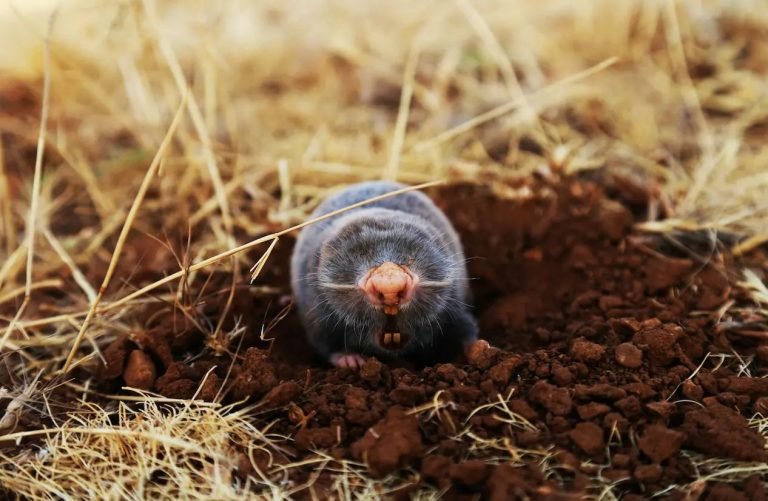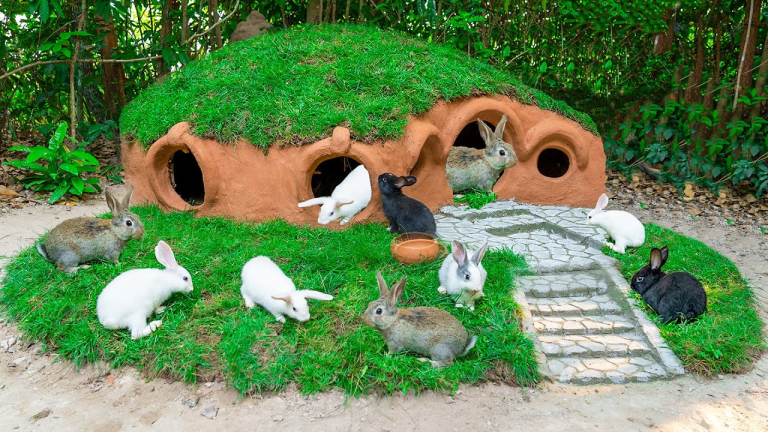What Do Roaches Eat, Hate, and Smell Like?
You’re standing in the kitchen at midnight, just about to pour yourself a glass of water. The warm yellow light flicks on, and out of the corner of your eye, you see a small shadow dart from the sink toward the base of the cabinet.
Your heart skips a beat. Yes – it’s a cockroach.
It pauses in the darkness, its antennae twitching as if scanning the air. For a few brief seconds, you don’t just see an insect… you see a survivor that has been on Earth for hundreds of millions of years, adapting to every challenge, and showing no sign of ever disappearing.
Curiosity kicks in: What do roaches eat? What smell do roaches hate? And… what do cockroaches smell like?
These questions draw us into the hidden world of cockroaches – where everything, from a crumb on the counter to the faint whiff of peppermint oil, can influence their next move.
1. What Do Roaches Eat?
Cockroaches are opportunistic omnivores – if something contains organic matter, smells appealing, and is easy to reach, they’ll likely try to eat it.
1.1 In the Wild
In their natural habitats, roaches have a surprisingly varied diet:
- Fallen leaves – rich in cellulose.
- Decaying grass and roots – an energy source when food is scarce.
- Dead insects – providing both protein and fat.
- Animal droppings – loaded with bacteria that aid digestion.
Research from the Smithsonian Tropical Research Institute shows that some wild roach species also consume fungi and moss, giving them access to rare micronutrients.
1.2 In Human Environments
Inside homes, the menu expands dramatically:
- Crumbs, grains, leftover rice – ideal sources of carbohydrates.
- Grease and food scraps – high-energy fuel.
- Sugary treats – pastries, ripe fruit.
- Meat, cheese, dried fish – protein-rich, with strong aromas.
The remarkable thing is their lack of pickiness. When food is scarce, cockroaches may even gnaw on book bindings, wallpaper paste, soap, glue, and hair. These contain starches or keratin protein – still usable as energy.
1.3 Why Do Roaches Choose Certain Foods?
Roaches are strongly drawn to smell and moisture. A dry crumb is far less tempting than one slightly damp, since moisture makes it easier to digest. Strong odors from fats and sugars act like beacons that guide them.
2. What Smell / Scent Do Roaches Hate?
Not every smell attracts roaches. Some make them steer clear, either because they signal danger or contain compounds harmful to their nervous system.
2.1 Scents Roaches Hate the Most
- Peppermint oil – contains menthol, which irritates their smell receptors.
- Lemongrass oil – rich in citral and geraniol, natural insect repellents.
- Lavender oil – pleasant to humans, but disorienting for roaches.
- Camphor – strong odor that overwhelms their pheromone signals.
- White vinegar – acetic acid with a sharp scent they dislike.
According to the Journal of Economic Entomology, pure peppermint oil can reduce roach activity by up to 80% within minutes of exposure.
2.2 Why Do They Hate These Scents?
A roach’s olfactory system is incredibly sensitive. When it encounters odor molecules that are mildly neurotoxic or that block its pheromone signals, it will avoid the source to protect itself.
3. What Do Roaches Hate?
Beyond smell, roaches also avoid certain environmental conditions:
- Bright light – they are nocturnal and thrive in darkness.
- Dry environments – they need moisture to survive; dryness dehydrates them quickly.
- Cold temperatures – below 32°F (0°C), most can’t survive for long.
- Open spaces – they prefer tight, enclosed areas for hiding.
Knowing this helps you make your home uninviting to roaches without resorting to harsh chemicals.
4. What Do Cockroaches / Roaches Smell Like?
Yes, cockroaches have a smell – and in large numbers, it’s unmistakable.
4.1 Body Odor
Their scent is a mix of body oils, volatile organic compounds, and pheromones. People often describe it as:
- Pungent, musty, slightly greasy
- Like old, damp books or aged fabric
4.2 Roach Pheromones
Pheromones are chemical signals for communication:
- Aggregation pheromones – invite others to a safe spot.
- Alarm pheromones – warn of danger, prompting escape.
If your home has many roaches, these pheromones can cling to cabinets, walls, and even food.
4.3 Why Do They Smell?
Their odor is a byproduct of metabolism, secretions from special glands, and the breakdown of organic matter in their environment.
5. Prevention Tips
- Clean up food scraps – don’t leave crumbs or grease overnight.
- Keep the space dry – fix leaks, use a dehumidifier.
- Seal gaps and cracks – especially near baseboards and pipes.
- Use roach-repelling scents – peppermint, lemongrass, lavender.
- Inspect regularly – especially dark, damp areas.
Quick Reference Table (SEO-Friendly)
| Topic | Key Details | Related Keywords |
|---|---|---|
| What do roaches eat | Omnivores: from leaves, dead insects to crumbs, grease, sugar, even paper & soap | what do roaches eat |
| What smell do roaches hate | Peppermint, lemongrass, lavender, camphor, vinegar | what smell do roaches hate, what scent do roaches hate |
| What do roaches hate | Bright light, dryness, cold, open spaces | what do roaches hate |
| What do cockroaches smell like | Musty, pungent, oily – from pheromones & body oils | what do cockroaches smell like, what do roaches smell like |
FAQ
Q: Do cockroaches eat meat?
A: Yes, they will eat dead animals or leftover meat if available.
Q: Does peppermint oil kill roaches?
A: No, it repels but doesn’t kill them.
Q: Why are there more roaches in the rainy season?
A: Rain increases humidity and spoils leftover food faster – ideal for roaches.
Q: How long can roaches live without food?
A: About a month without food, but only a few days without water.

